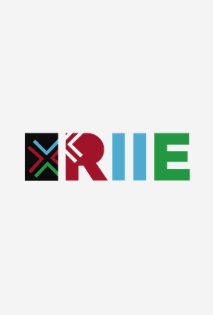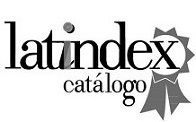“Keeping up”: one family’ s digital appropriation processes
DOI:
https://doi.org/10.30972/riie.12155570Keywords:
access to technology- learning by doing- Mexico - everyday lifeAbstract
There are currently national and international statistics that provide data on the use and access to digital technologies in the population so that governments can develop public policies that reduce the digital divide. However, these statistics do not shed light on how people participate in a digital culture. In this article, I analyzed one family’s appropriation processes of digital technologies. This family lives on the southeastern side of Mexico City and in precarious conditions in terms of local infrastructure, income, and access to digital practices. My purpose was to understand the access and availability to digital resources and identify the relationships that mediated their appropriation process. I built a theoretical-methodological approach starting from a Sociocultural Perspective, New Literacy Studies, and the theory of Social Practice. Using this qualitative and ethnographic framework, I assembled a corpus of data from where I extracted digital events to show how complex it was for this family to appropriate digital technologies. The presence of digital resources at school, in the community or at home is not enough, appropriation occurs through technology use, participation in multiple social activities, and social relationships with other users that link learners with the knowledge and know-how necessary for incorporating technologies into their daily practices.Downloads
Download data is not yet available.
Downloads
Published
2021-08-30
How to Cite
Valdivia Sánchez, C. P. (2021). “Keeping up”: one family’ s digital appropriation processes. Revista Del Instituto De Investigaciones En Educación, 12(15), 93–112. https://doi.org/10.30972/riie.12155570
Issue
Section
Artículos basados en investigación empírica
License
Aquellos autores/as que tengan publicaciones con esta revista, aceptan los términos siguientes:
- Los autores/as conservarán sus derechos de autor y garantizarán a la revista el derecho de primera publicación de su obra, el cuál estará simultáneamente sujeto a la Licencia de reconocimiento de Creative Commons que permite a terceros compartir la obra siempre que se indique su autor y su primera publicación esta revista.
- Los autores/as podrán adoptar otros acuerdos de licencia no exclusiva de distribución de la versión de la obra publicada (p. ej.: depositarla en un archivo telemático institucional o publicarla en un volumen monográfico) siempre que se indique la publicación inicial en esta revista.
- Se permite y recomienda a los autores/as difundir su obra a través de Internet (p. ej.: en archivos telemáticos institucionales o en su página web) antes y durante el proceso de envío, lo cual puede producir intercambios interesantes y aumentar las citas de la obra publicada. (Véase El efecto del acceso abierto).






.jpg)




